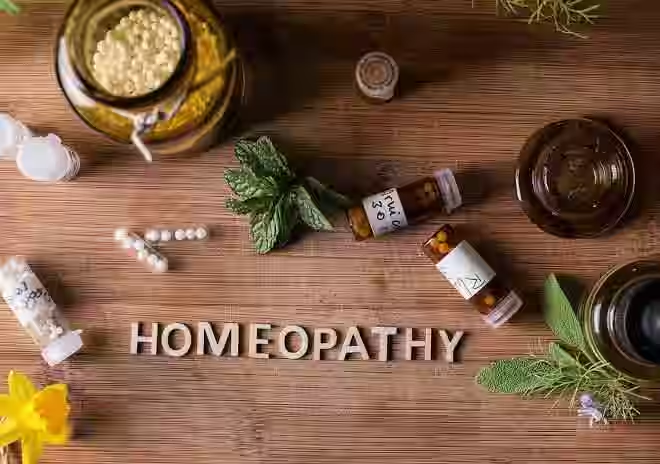🧪 Homeopathy: An Ancient Yet Popular Healing System
📘 What is Homeopathy?
Homeopathy is an alternative system of medicine that was developed in Germany around the year 1796 by a physician named Dr. Samuel Hahnemann. It is based on the principle of “like cures like”, meaning that a substance that causes symptoms in a healthy person can be used in a very diluted form to treat similar symptoms in a sick person.
For example, if a substance like onion causes watery eyes and sneezing in a healthy person, it can be used in diluted form to treat cold or allergy with similar symptoms.
🔍 Basic Principles of Homeopathy
1. Like Cures Like
This is the core idea — if a natural substance can produce certain symptoms in a healthy person, that same substance (when highly diluted) can cure those symptoms in someone who is sick.
2. Minimum Dose
Homeopathic medicines are extremely diluted — sometimes to the point where not even a single molecule of the original substance remains. Still, it is believed that the “energy” or “essence” of the substance remains and stimulates healing.
3. Individualized Treatment
Homeopathy treats the person as a whole, not just the disease. Two people with the same illness might get completely different remedies depending on their emotional state, lifestyle, body type, and other symptoms.
🌿 Benefits of Homeopathy
-
No or very minimal side effects
-
Safe for children, pregnant women, and the elderly
-
Works well for chronic diseases like migraines, allergies, asthma, skin disorders, PCOS, etc.
-
Aims to boost the body’s natural healing power
-
Often useful when allopathic treatments fail or cause side effects
❗ Criticism & Scientific Debate
Despite its popularity, homeopathy is one of the most controversial forms of medicine.
-
Scientific studies often show that homeopathic medicines don’t perform better than a placebo (a sugar pill with no active ingredient).
-
Critics argue that since the medicine is so diluted, there’s no physical trace of the original substance — so how can it work?
-
On the other hand, many patients and even doctors report positive results, especially in long-term or unexplained conditions.
So while the scientific community remains skeptical, the public support for homeopathy is strong.
🇮🇳 Homeopathy in India
India is one of the leading countries in the world for homeopathy. It is officially recognized by the Ministry of AYUSH (Ayurveda, Yoga, Unani, Siddha, and Homeopathy).
-
India has over 200+ homeopathy colleges and many government-recognized hospitals.
-
Institutes like the National Institute of Homeopathy (Kolkata) and Dr. B.R. Sur Homeopathic College (New Delhi) are well-known.
-
Millions of Indians use homeopathy, especially for skin problems, joint pains, allergies, and chronic conditions.
🧠 Does Homeopathy Really Work?
This is still a debated question. Here’s a balanced view:
✔️ Many people experience real relief with homeopathy, especially when treated by an experienced homeopath.
✖️ But scientific research has not consistently proven that homeopathy works beyond placebo effects.
Ultimately, homeopathy might not be for emergency conditions, but it may help with mild or long-term health issues, especially when other treatments fail or cause side effects.
💡 Common Homeopathic Remedies
| Condition | Homeopathic Remedy Example |
|---|---|
| Cold & Cough | Allium Cepa, Aconite |
| Digestive Problems | Nux Vomica |
| Anxiety & Nervousness | Argentum Nitricum |
| Skin Conditions | Sulphur, Graphites |
| Headaches & Migraine | Belladonna, Gelsemium |
✅ Conclusion
Homeopathy is a gentle, personalized, and natural approach to healing that continues to be widely used around the world. While the scientific community demands more evidence, millions of people still find value in it — especially for chronic, recurring, or unexplained illnesses.
If you’re curious about trying homeopathy, it’s best to consult a qualified homeopathic doctor who can understand your complete health picture and suggest remedies tailored specifically for you.

